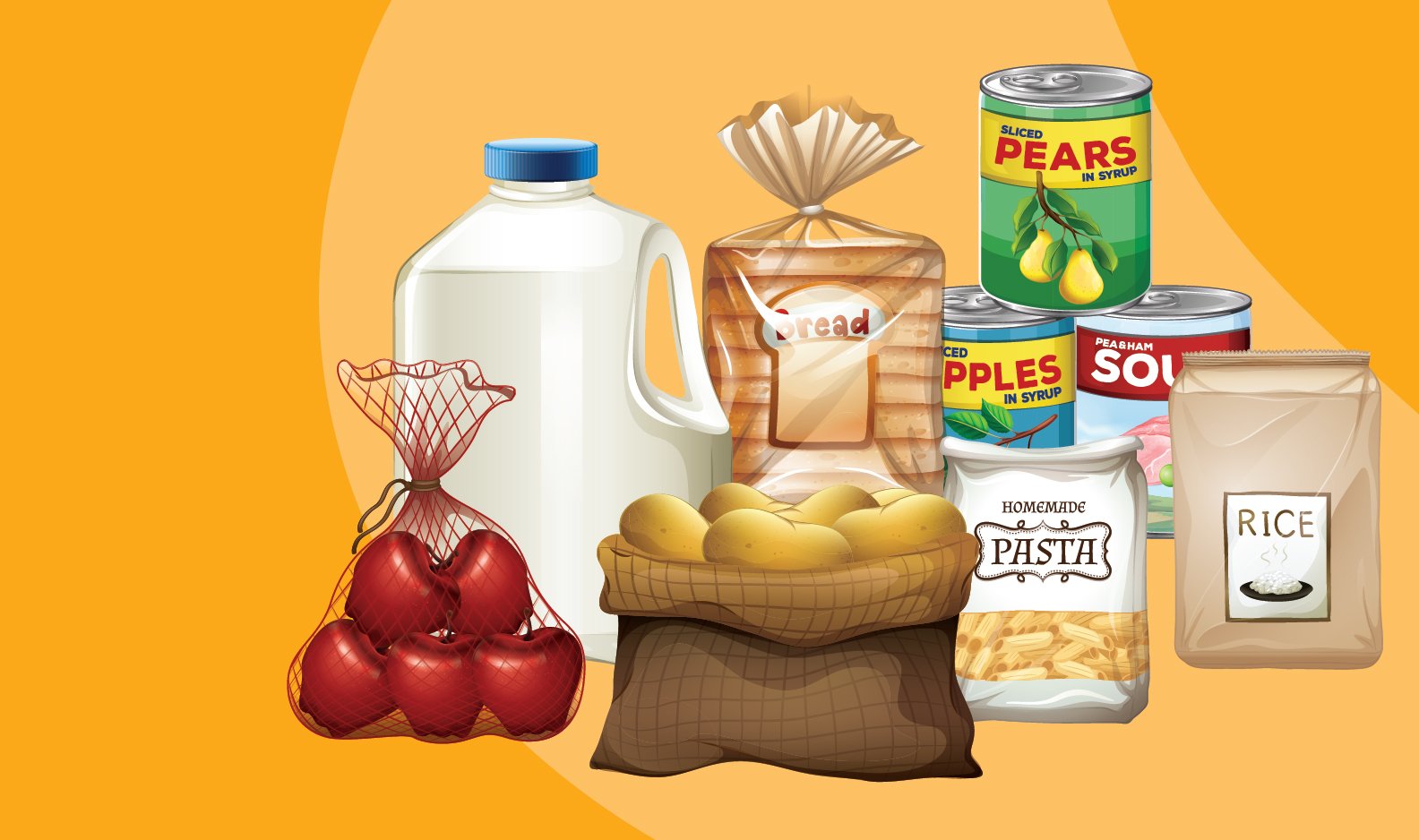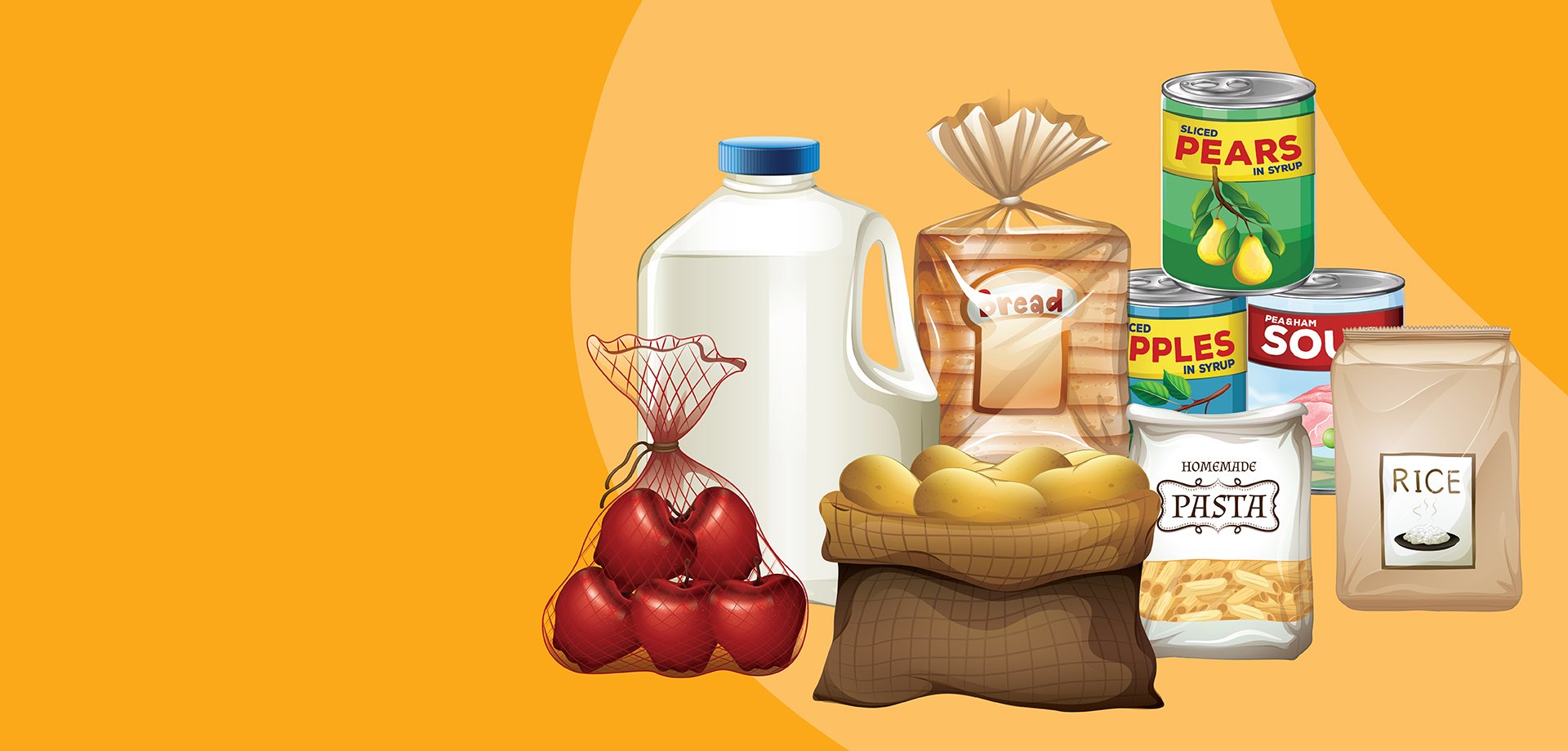The inflation situation: A closer look at rising costs in NZ
The Government recently took action to combat inflation. What is actually happening and what does it mean for you?
Inflation in New Zealand has reached its highest level in over 30 years thanks to increasing costs of food, housing and fuel. As of the time of publishing this article, inflation is 5.9%.
Economists have predicted that this trend is going to continue in 2022, and the government recently stepped in to help Kiwis struggling with the cost of living.
We take a look at what's happening and what it means for you.
What is inflation and how is it measured?
According to the Reserve Bank of New Zealand (RBNZ), "inflation is the term used to describe a rise of average prices through the economy. It means that money is losing its value.”
It's usually caused by too much money and not enough products and services, or when demand outpaces supply. The impact of inflation over a long period of time can be damaging
Here in Aotearoa, inflation is measured using the Consumers Price Index (CPI) published by Stats NZ. The CPI works by tracking the price of a selection of goods and services commonly used by Kiwi households and noting any increases. These include things like:
- food
- transport
- clothing
- education
- housing and household utilities
- health
- alcohol and tobacco
During 2021 the CPI hit 5.9%, its highest level since mid 1990.
What causes inflation?
Generally, inflation has two causes - increasing demand or decreasing supply. In this instance, increasing fuel costs, shipping constraints, and ongoing labour and raw material shortages have decreased the supply of goods and services in the economy and driven inflation.
The war in Ukraine has also had a profound impact, with the price of things like dairy and oil soaring to record highs.
As a result of the additional pressure of the Russian invasion of Ukraine, ANZ has warned inflation could get as high as 7.4% in Q2 2022.
What is the impact of inflation?
High inflation erodes the purchasing power of your money, meaning you’ll have to pay more for the same goods and services. It increases the cost of living so that you may have less money left over after buying gas and food, or paying your mortgage.
For those who are already struggling to make ends meet, this has an enormous impact. We know that our finances affect our wellbeing, so inflation could end up having an impact on our overall health and wellbeing.
Food and groceries
Latest release: Fruit and vegetables drive up annual food prices.https://t.co/nPdFQxHWEX pic.twitter.com/M0Y7UNSBFF
— Stats NZ (@Stats_NZ) March 10, 2022
If you've been feeling the pinch in your pockets lately when doing your weekly grocery shop, that's because food prices increased by 6.8% between February 2021 and February 2022 according to Stats NZ's Food Price Index (FPI), which measures changes in the cost of groceries, restaurant meals, fresh produce and so on.
Food and veggie prices increased a whopping 17% over the same period.
Petrol prices
Something else you'll have noticed are the rising petrol prices, which the invasion of Ukraine drove even higher, sending the price per litre to over $3 for regular 91. Finance Minister Grant Robertson said on 14 March:
“We are amid a global energy shock and a spike in prices at the pump is being felt by the whole world, including more than a 15 percent increase in the cost of 91 here in New Zealand between the start of the year and last week.”
Inflation can also erode the value of your KiwiSaver and any other cash savings you may have over time.
What is the government doing about it?
Fuel excise tax and road user charges will be reduced by 25 cents per litre and public transport fares will be halved for at least three months, Prime Minister Jacinda Ardern announced today.
— RNZ (@radionz) March 14, 2022
Watch the announcement or read the details here ⬇️https://t.co/ylYlW09GsE
In response to rising inflation and the global energy crisis caused by Russia’s invasion of Ukraine, the government introduced a cost of living relief package, which made a number of changes.
- As of 11:59 on Monday 14 March 2022 fuel taxes will decrease by $0.25 a litre for the next three months, saving motorists up to $17 per tank of fuel.
- Fuel excise duties and road user charges will decrease by $0.25 each but this change may take longer to institute.
- Public transport fares were halved for three months.
Where to get support:
If you're struggling to cope with the rising cost of living, there is support out there. Take a look at our money resources for Kiwis page or visit the following links to find out more:
Disclaimer:
This Money and You Industry News, The inflation situation: A closer look at rising costs in NZ (Industry News), is accurate at the date of publishing, 22 March 2022 and contains general information only. This Industry News is not intended to constitute financial advice and does not take your individual circumstances and financial situation into account. We encourage you to seek assistance from a trusted financial adviser, legal or other professional advice. The links that are provided or names of third parties are additional resources that you access at your own risk and the FSC takes no responsibility for any third party content. The FSC and its employees make no express or implied representations or give any warranties regarding this information and we accept no responsibility for any loss, damage, cost, or expense (whether direct or indirect) incurred by you as a result of any error, omission, or misrepresentation in this information.
Share this
You May Also Like
These Related Stories

How could Budget 2022 affect you?

Cost of living - when is it going to get better?
